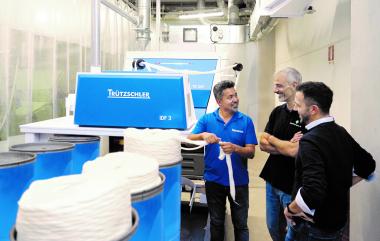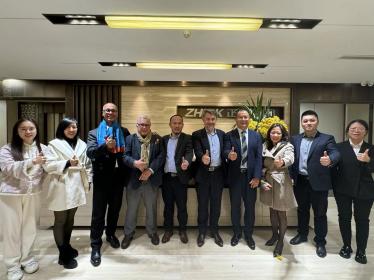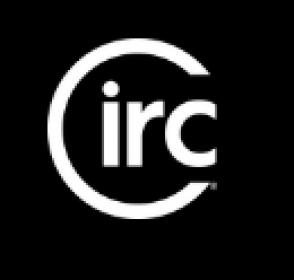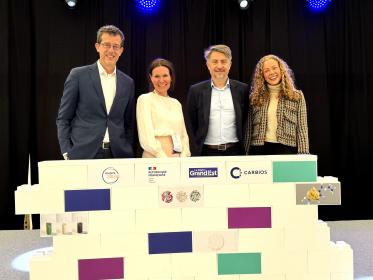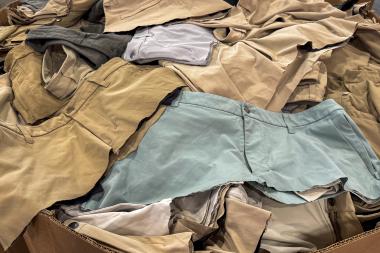ISKO to showcase at Kingpins NYC
ISKO is taking part in the Kingpins Show in New York City. At the event taking place on 17 and 18 July at Pier 36, Basketball City, ISKO presents a selection from its diverse collections.
Attendees have the opportunity to explore a selection from ISKO’s main collection, alongside some of the company’s most innovative technologies and products. Each piece exemplifies ISKO’s commitment to blending sophisticated designs with sustainable practices.
The Main Collection is organized into five main macro groups:
- Inflexible: a range of rigid fabrics for contemporary needs, true to denim’s original heritage.
- Motion: combining comfort and an authentic look for good old rigid denim with freedom of movement.
- Extended: traditional denim aesthetic and its ultimate stretch expression. Elegance, treatments, and 4-way-stretch technologies.
- Elite: fabrics families where softness, shine, and silky feel reach their full potential.
- Momentum: unique finishes, intricate constructions, colored coatings, and special denim features.
Other highlights are:
- Casual Line: the premium experience showcasing a versatile and innovative woven fabric collection made with FSC® certified viscose and certified postconsumer recycled polyester.
- ISKO™ Luxury by PG: curated by Paolo Gnutti, this collection merges classic tastes with contemporary visions.
Finally, as ISKO’s FW 25-26 collection features RE&UP fibers, visitors can learn more about the circulartech company that recycles cotton, polyester and polycotton textile waste and transforms it into high-quality Next-Gen fibers, becoming the go-to alternative to virgin options.






